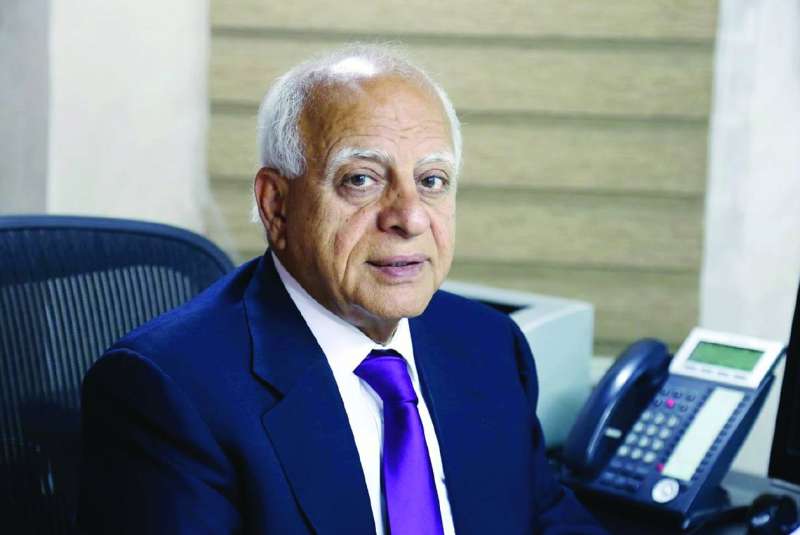05/04/2024
05/04/2024

According to an annual happiness report released by a United Nations agency, the Finns have maintained their position at the top of the happiness rankings for the seventh consecutive year. They are trailed by Denmark, Iceland, Sweden, Israel, the Netherlands, Norway, Luxembourg, Switzerland, and Australia.
One of the most unexpected developments, initially met with scepticism, was Kuwait’s surge to 13th place from 50th in just one year. This propelled Kuwait to not only the happiest country among all Arab nations but also among most Third World countries. This significant advancement took many by surprise, including supervisors overseeing the report.
Additionally, the United Arab Emirates climbed from 26th to 21st place in the index, also Saudi Arabia and Bahrain made advancement. Notably, Qatar and Oman did not feature prominently in the advanced positions of the index.
Undoubtedly, the happiness of a populace is intricately tied to their way of life, which governments largely influence through their policies, services, freedoms granted, and overall sense of security and well-being.
Factors such as how authorities address people’s aspirations, the provision of services, the degree of freedom individuals experience, and their sense of security -- both social and financial -- all play a pivotal role.
Additionally, access to fundamental freedoms like movement, speech, work, and trade, as well as the availability of essential services like education, healthcare, and entertainment, contribute to overall happiness.
However, when observing the discourse on social media filled with complaints and grievances, it seems to contradict the notion that we are among the happiest people globally. It’s possible that others might indeed be happier than us, challenging this assumption.
Paradoxically, our ability to freely voice complaints might be a contributing factor to our happiness. Without this freedom, minor issues might escalate into perceived disasters. For instance, consider the example of the Razaqa roundabout.
Reflecting on this, I recalled a conversation with a friend during the height of the Soviet Union’s power. He claimed that Russian planes were safer than American ones because news of their crashes was scarce. I countered by noting that information behind the Iron Curtain was limited, and lack of reports didn’t necessarily equate to safety.
Similarly, just because we don’t often hear complaints from others doesn’t mean their lives are free of turmoil or that they are happier. Transparency and the ability to express grievances are vital; suppressing them can breed anxiety and discontent among many.
We, as Kuwaitis, are happy with our Amirs.
Historically, five of them, over a period of approximately one hundred and twenty years, played a distinguished role in maintaining state security.
- Mubarak Al-Sabah (1838-1915) had a decisive role in stabilizing the state, ending its disputes, and fortifying its security with the security agreement with Britain, which put an end to all foreign ambitions. He ruled from 1896 until his death.
- Ahmad Al-Jaber Al-Sabah (1885-1950) was able to manage the state’s helm firmly, with great flexibility, and rescue the country with minimal losses during the difficult period of the Legislative Council and the period of World War II. He ruled from 1921 until his death.
- Abdullah Al-Salem (1895-1965) saved the country’s wealth and lands from plunder, fortified its independence and unity with democracy, and saved it from the evil of Qasim Iraq. He ruled from 1950 until his death.
- Sabah Al-Ahmad: (1929-2020) He was credited with saving the state from serious internal turmoil during the Arab Spring, and preserving state security with the least amount of risks, and he ruled from 2006 until his death.
- His Highness Amir Mishal Al-Ahmad, who saved us and the nation from the dangers of two bad councils, and put us on the path to prosperity and progress.
e-mail: [email protected]
By Ahmad alsarraf


